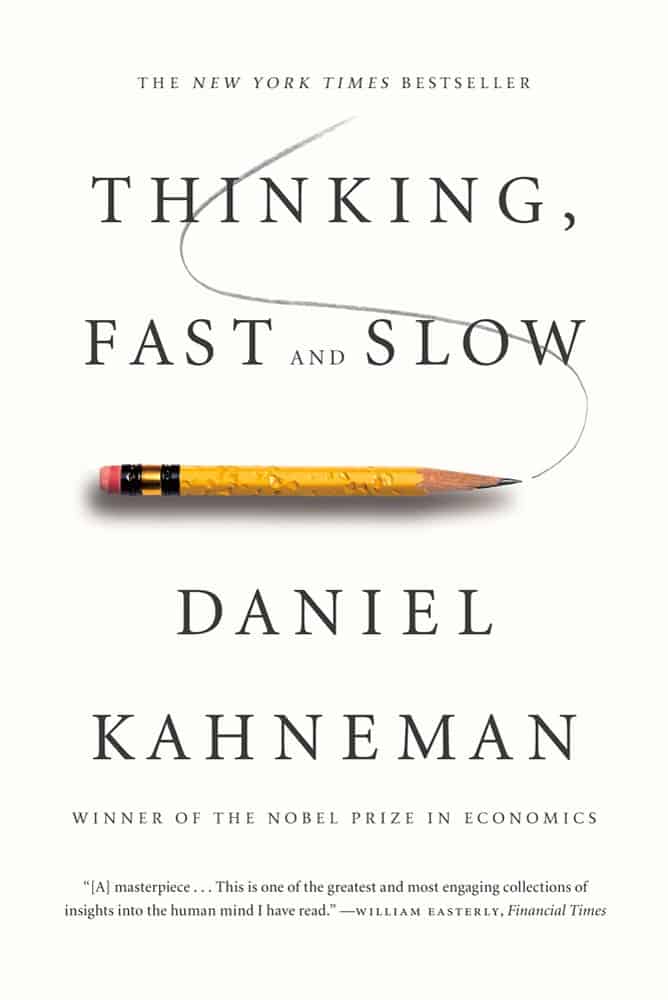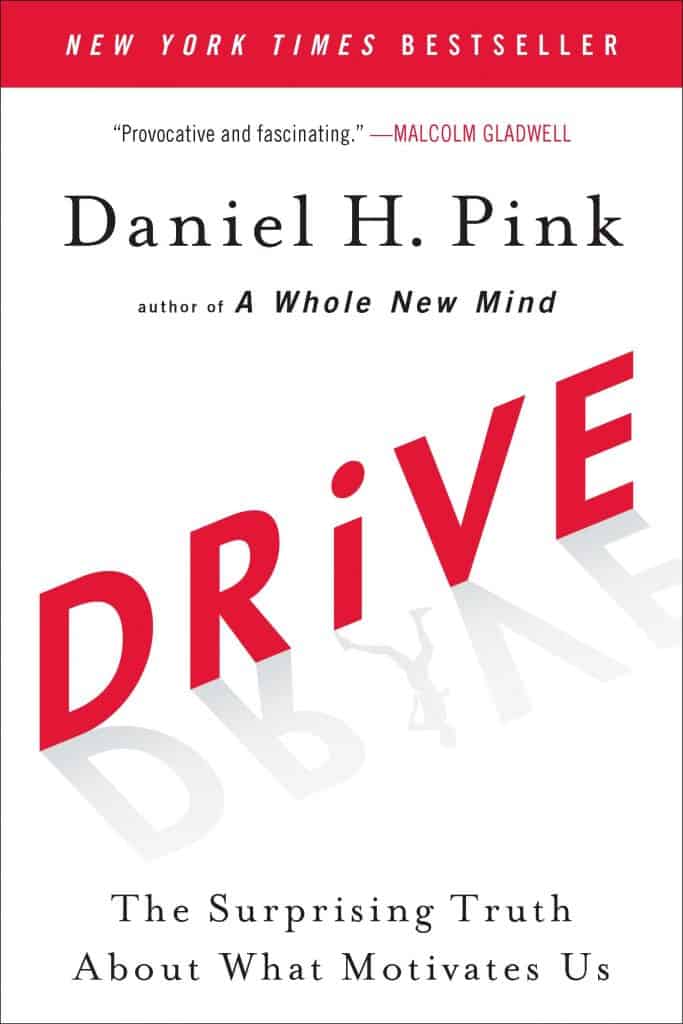
The Mindapples blog has been our outlet for our thoughts, inspirations and company announcements since 2008. It’s actually how Mindapples started, just blogging about mental health and wellbeing, and inviting people to share what they do that’s good for their minds.
Now we use it in two ways: for occasional announcements and updates about what we’re doing, and to post articles about psychology and health research that could help people get to know their minds better. Browse the recent posts below, and get in touch if you find something interesting that you think we should be reading.
Blog
Why we make mistakes under stress
Do you find yourself doing things when you’re stressed that you come to regret later? A 2012 study of behaviour under stress suggests that if we make decisions when we are stressed, we tend to focus on the rewards rather than the risks. This is because acute stress affects the way our brains consider pros […]
Continue reading →
One mind, two systems
In his award-winning 2011 book, Thinking, Fast and Slow, Daniel Kahneman has popularised the ‘dual-systems’ theory of cognition, and we’ve found it a very useful concept for helping participants in our workplace training programmes to understand and manage their minds better. The central idea that we have two modes of cognitive thinking, an automatic, fast […]
Continue reading →
The surprising truth about what motivates us
What really motivates us? Employers have long assumed monetary rewards are key to incentivising their workforce, but the reality is more complex. Autonomy, mastery and a sense of purpose are often bigger motivators than simple financial incentives. In this RSA Animate, adapted from Dan Pink’s talk at the RSA (and his excellent book of the […]
Continue reading →
Other people actually reduce our stress levels
In an evolutionary context, stress can be crucial for survival, but in this day and age most humans get stressed for psychological reasons, that are often constant and lingering. When we’re stressed our body releases glucocortocoid hormones, which channel energy to our minds and take it away from basic maintenance functions. In the long term, […]
Continue reading →
Why you need to deal with your emotions
When faced with a challenge, do you focus on the problem or the opportunity? Some studies have shown that people who view challenging experiences as opportunities suffer less severe anxiety than those who suppress their emotions in difficult situations. Known as reappraisal, this means that more adaptive people are able to put individual situations into […]
Continue reading →
Predictably irrational?
Despite our image of ourselves as very rational people, our ability to make rational decisions can be affected by limitations in our thinking known as cognitive biases. These flaws in judgement, caused by common memory errors and miscalculations, can lead us to make questionable decisions without even realising why. Cognitive biases aren’t all bad though: […]
Continue reading →
What makes an extrovert?
Do you ever why some people seem naturally adventurous and outgoing, while others prefer their own company and a quiet night in? The term ‘extrovert’ was coined by psychologist Carl Jung at the beginning of the twentieth century and we now know that where we sit on the introvert–extrovert spectrum is dictated by the way […]
Continue reading →
Making stress your friend
Over the past ten years, Mindapples has delivered a LOT of workshops on how to deal with stress. In all those workshops, we’ve found one of the most important myths to debunk is the idea that a little bit of stress is good for you. Instead, we prefer the term “pressure”, to describe the effect […]
Continue reading →
An introduction to mirror neurons
Empathy is a fundamentally human trait. We’re a highly social species, connecting and learning from one other by reading and copying facial expressions and movements. Recent studies in neuroscience have shed further light on these interactions, revealing that when we watch someone doing something, cells in our brain fire in the same way as if […]
Continue reading →
Why it’s OK to make mistakes
When you approach a new task are you focused on getting it right, or getting better? Many of us approach new challenges with a fear of making mistakes. Rather than taking on a new task with confidence and energy we’re held back by our “be good” mindset and the need to prove how clever we […]
Continue reading →
